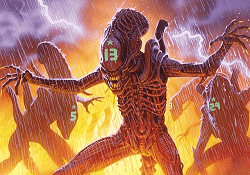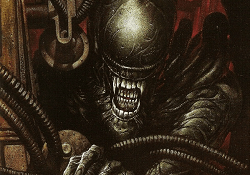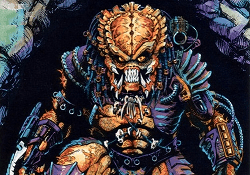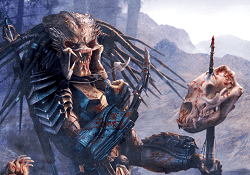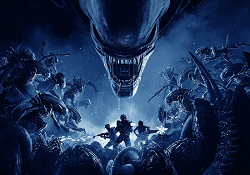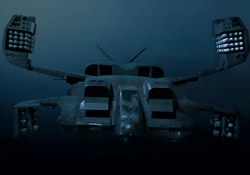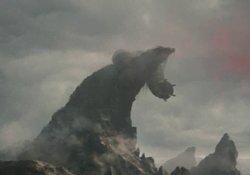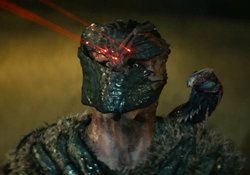Predators Hunting Kids: The Forbidden Hunt?
The Yautja society places a strong emphasis on worthy prey and adherence to a strict honor code governing the hunt. One of the most controversial subjects within Yautja culture and Predator lore is the question of hunting children, a practice generally considered taboo. Yet occasionally this rule is broken in the expanded universe, and even in the movies.
Predators Sparing Pregnant Victims
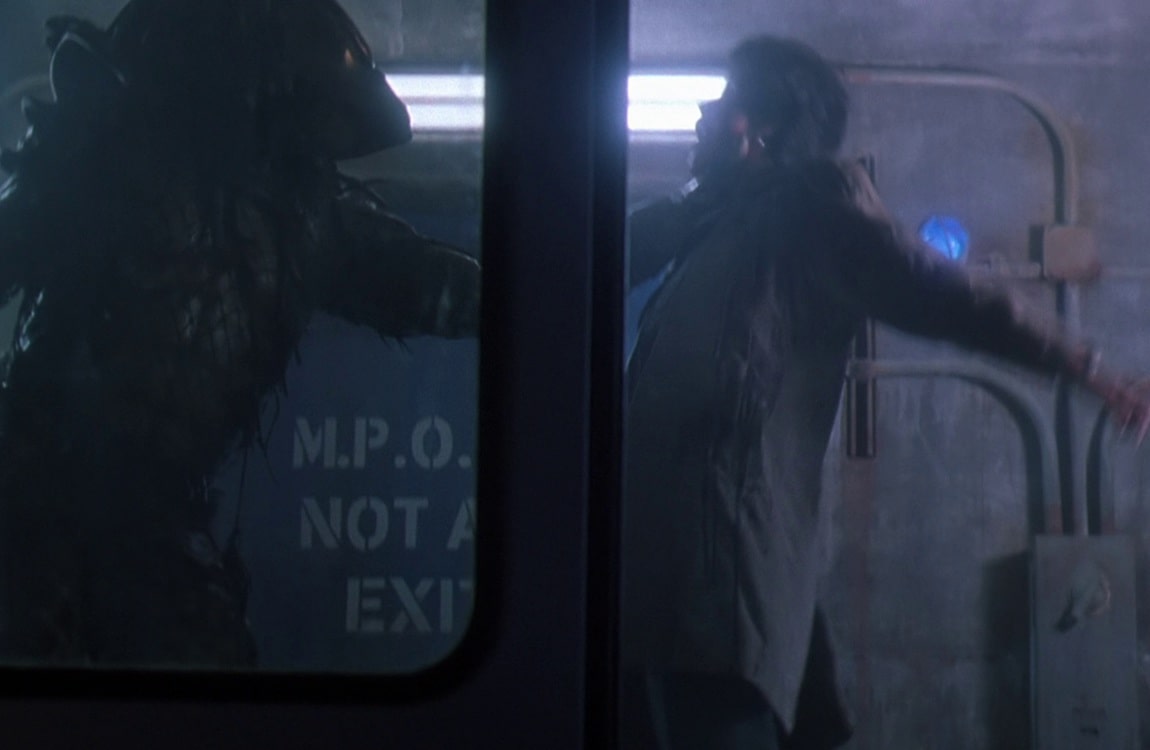
Although Predators hunt and kill women, they are known to spare pregnant women, even if armed. In Predator 2 (1990), the City Hunter encountered Leona Cantrell in the metro, a police officer who was visibly pregnant. Although she was armed and a potential threat, the Predator used its bio-mask's medical scanner to detect the unborn child and chose to spare her life. This moment underscores the Yautja's moral boundary: killing expectant mothers is forbidden, as it would violate their code of honorable combat. Killing the mother would also kill the unborn baby, who is not worthy prey.

Predators Sparing Children
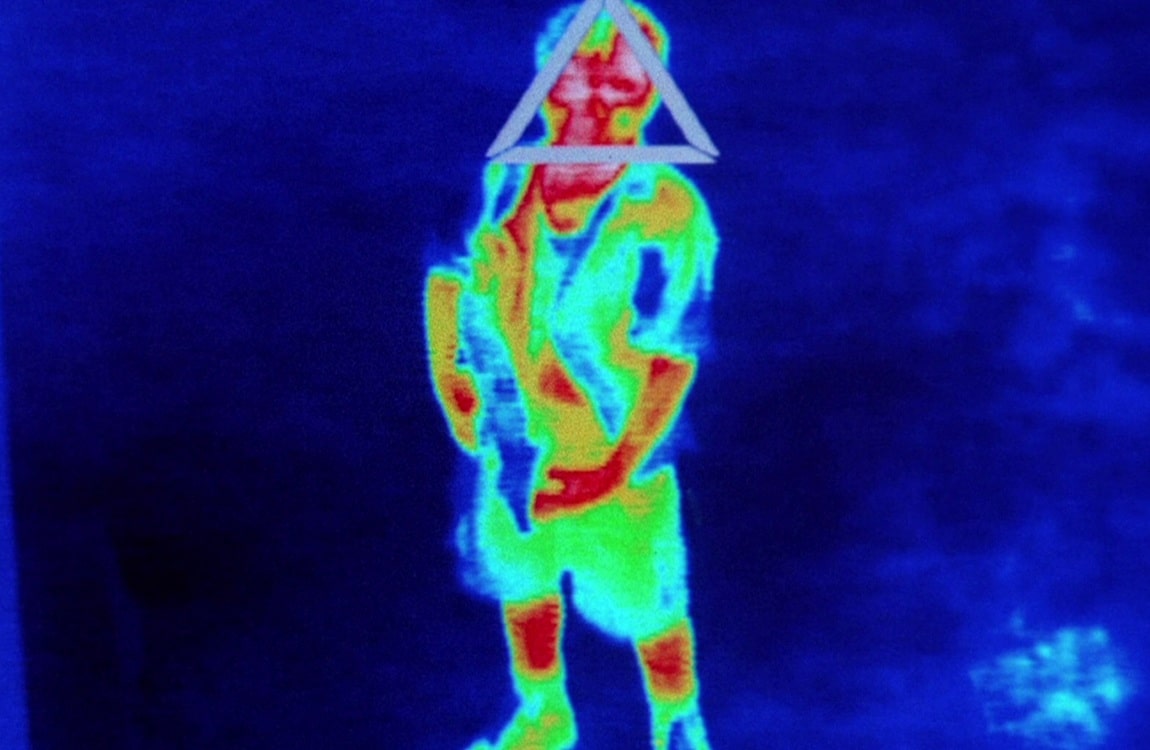
Further, Predators don't kill children, even if seemingly armed, although they might have trouble distinguishing the exact age of the potential victim. Another instance of restraint occurred in Predator 2 when the City Hunter confronted a young boy in a Los Angeles cemetery. The child, unaware of the danger, carried a toy weapon and moments later, offered the Predator candy. After scanning the toy object and determining it to be harmless, the creature withdrew. For most Yautja, hunting the defenseless is not a display of strength, but of dishonor.
Bad Blood Predators Hunting Children
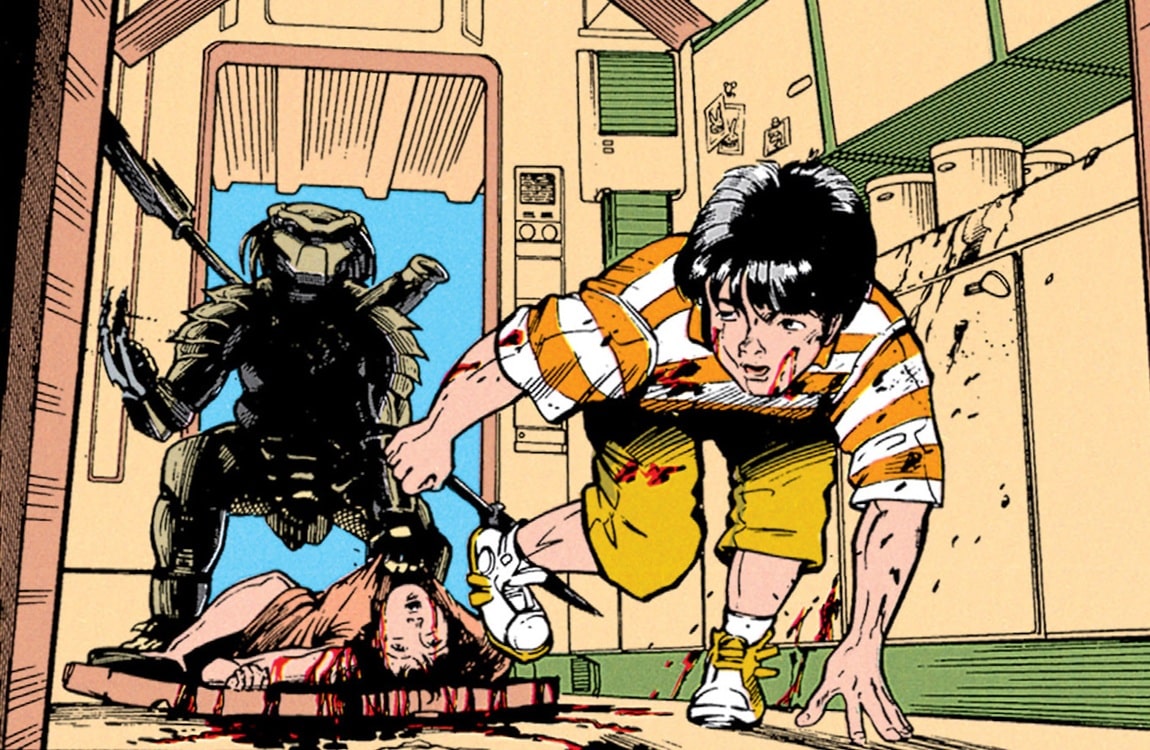
Despite these cultural taboos, some Predators — known as Bad Bloods — disregard their species' laws. One such figure is Tichinde, a Yautja who appears in the first Aliens vs. Predator comic series and who was part of Dachane's hunting party on the planet Ryushi. Tichinde is infamous for violating the traditional code of honor, attacking a harmless farming family. The crazed Predator killed a mother and father, while the boy barely escaped with his life on a hoverbike. His actions marked him as a pariah among his kind, and Dachande killed him in a duel later. Bad Bloods like Tichinde are often pursued and executed by Enforcers, Elite Predators tasked with maintaining order and punishing transgressors.

Children As Collateral Damage
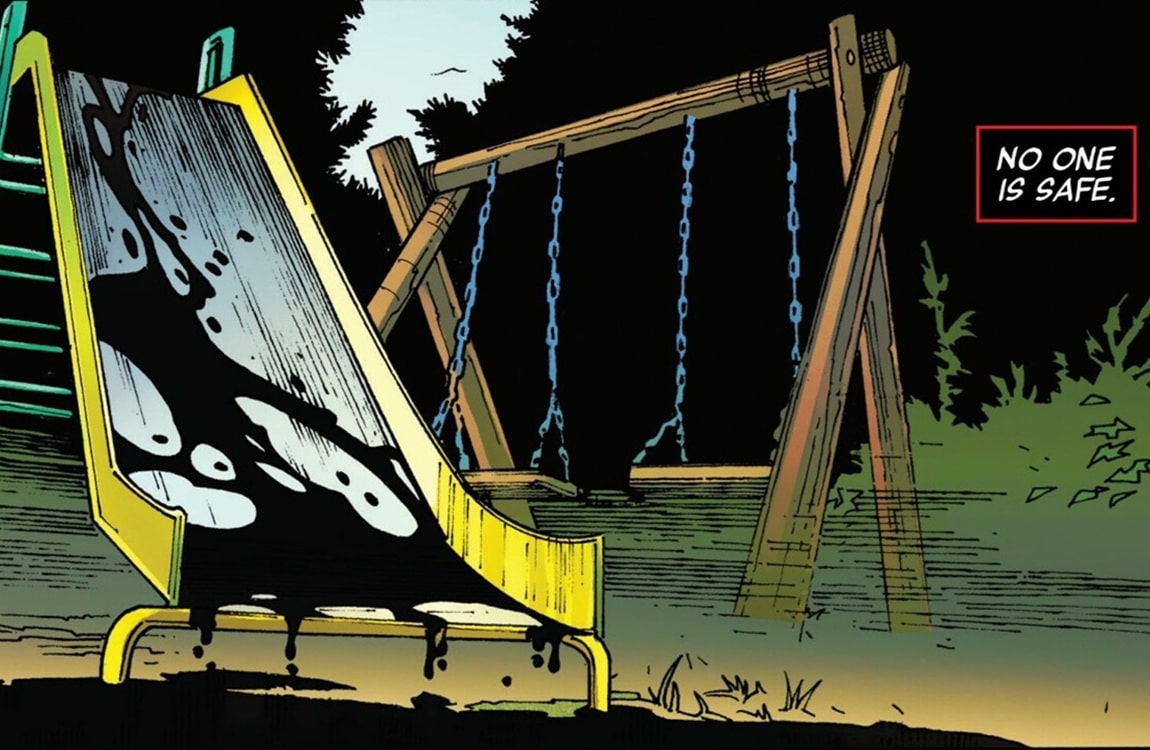
While Predators typically avoid harming children directly, their actions sometimes place young lives in danger. The species' self-destruct devices — used to erase evidence and die with honor, are capable of annihilating large areas. In Predator 2, the City Hunter nearly activates his wrist bomb after being badly wounded, an act that would have caused massive collateral casualties, including civilians and children. He was stopped only when Lieutenant Mike Harrigan severed his arm, preventing the detonation. In Predator vs. Spider-Man, the mad Skinner Predator went on a killing spree in New York, causing deaths in a children's playground, although it's not clear if he specifically targeted children.
Kidnapping And Extracting DNA From Children
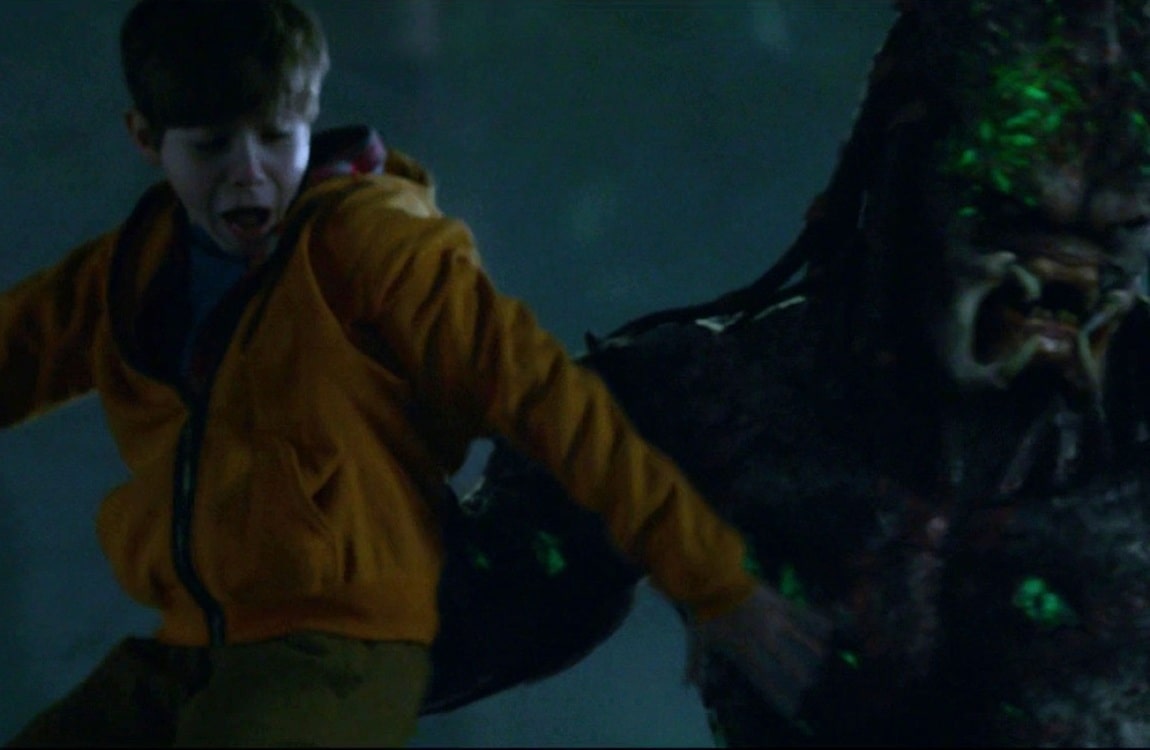
The Predators are shown to ignore the rule of killing children if it serves some specific need outside the hunt. In The Predator (2018), the Assassin Predator abducted Rory McKenna, a young boy with autism, intending to extract his DNA. The film suggests that the Predator species is experimenting with genetic enhancement, incorporating traits from other beings to improve their own abilities. Rory's neurological condition was perceived as an evolutionary advantage. The Assassin Predator was shown to be a ruthless behemoth; surely Rory would not have been spared in this DNA extraction (from the spine).
Killing Of Yautja Runts
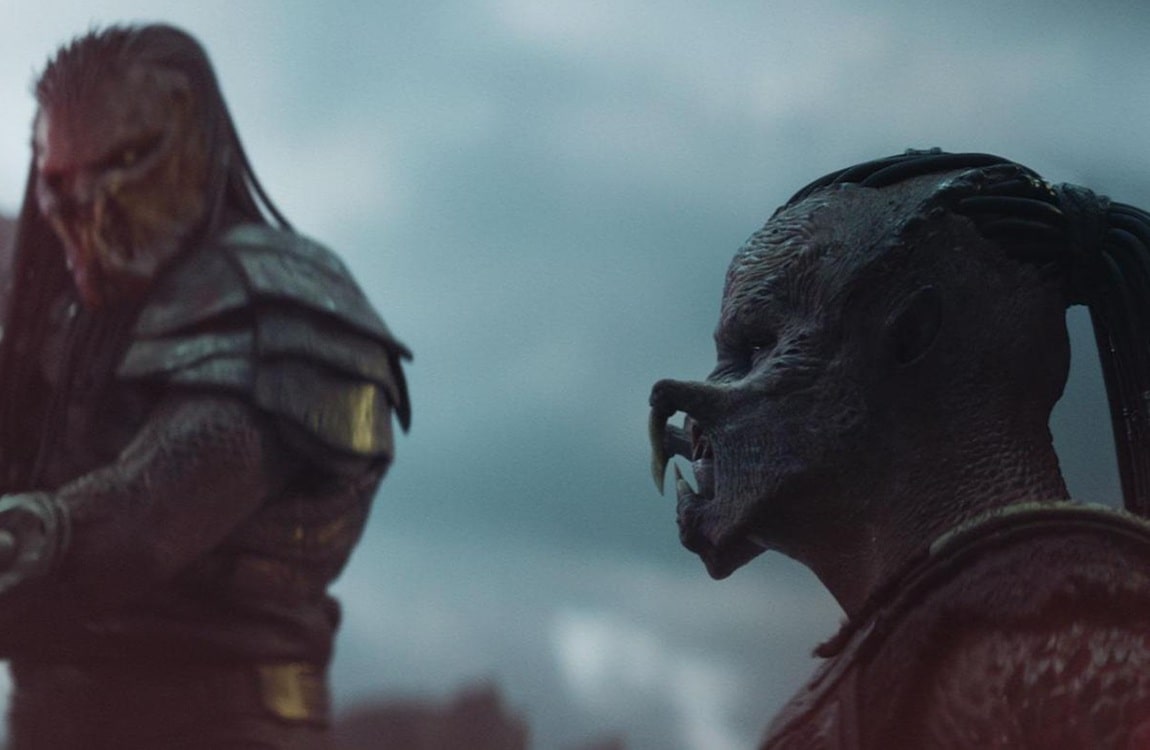
Even within Yautja culture, moral contradictions exist about young Predators, and possibly even Yautja children. In the movie Predator: Badlands, a young Predator named Dek is labeled a "runt" by his father, who considers him too weak and small to live. His parent orders another Predator (possibly Dek's brother) to kill him, reflecting a brutal cultural belief that only the strong deserve survival. However, Dek survives to hunt another day on the "Death Planet", and restores his honor. While not equivalent to hunting human children, this demonstrates that the Yautja code of honor does not necessarily extend compassion to their own offspring.
Conclusion
Across the Predator franchise, the Predators are generally considered honorable, and the killing of children seems unjustified. While the mainstream Yautja culture condemns harming children or the defenseless, rogue individuals and Bad Bloods occasionally ignore these laws. Children may also get in the way of reckless Predators, causing lots of collateral damage, while some Yautja have also kidnapped children. From sparing pregnant women to killing their own weak, the line between honor and cruelty is thin.
Tag Categories: Yautja Society, Predator Hunt, Yautja Behaviour, Predator 2 Lore

